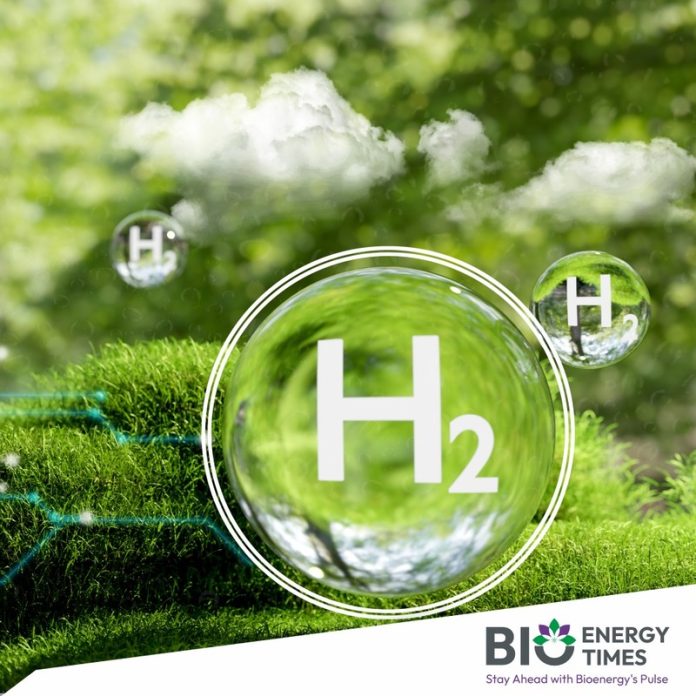Union Minister Nitin Gadkari addressed the Society of Indian Automobile Manufacturers’ annual session, discussing India’s potential in hydrogen production and its commitment to reducing carbon emissions. He underscored the importance of green hydrogen, advancements in technology, and infrastructure development, reported The Times of India.
The Society of Indian Automobile Manufacturers held its 64th annual session in New Delhi. During his speech, Union Minister Nitin Gadkari highlighted India’s potential to lead globally in hydrogen production. He noted the automotive sector’s crucial role in the Indian economy, contributing 6.8 percent to the GDP and 40 percent to the manufacturing sector. Gadkari also outlined the nation’s goal to reduce carbon emissions by 1 billion tonnes by 2030 and achieve carbon neutrality by 2070. Currently, the transport sector is responsible for 30-40 percent of the country’s air pollution.
As per media report, Gadkari emphasized the government’s commitment to promoting sustainable mobility and alternative fuels such as methanol, LNG, and CNG to cut costs and reduce reliance on conventional fuels. He pointed out that the transport sector is 85 percent dependent on fossil fuels and stressed the need for innovative alternatives like green hydrogen. “Green hydrogen is crucial for our country’s future,” Gadkari remarked, noting India’s potential to produce millions of metric tonnes of hydrogen annually.
The minister highlighted the importance of technological progress and infrastructure development for green hydrogen production. He mentioned that India is the leading global manufacturer of electrolyzers, a key component in hydrogen production. However, he acknowledged that the current hydrogen cost of around Rs 300 per kg is high due to the electricity required for its production. To tackle this, Gadkari suggested utilizing waste segregation to produce biohydrogen from organic waste. “By separating plastic, glass, and metal from organic waste, we can generate hydrogen from biodigesters, which could be a more cost-effective source,” he explained.
Gadkari set an ambitious goal of reducing the cost of hydrogen production to USD 1 per kg, believing that this would position India to capture a significant share of the global hydrogen market. He highlighted recent innovations in fuel cell vehicles and hydrogen internal combustion engines by companies like Toyota, emphasizing the importance of these advancements.
To read more about Green Hydrogen Industry News, continue reading BioEnergyTimes.com















